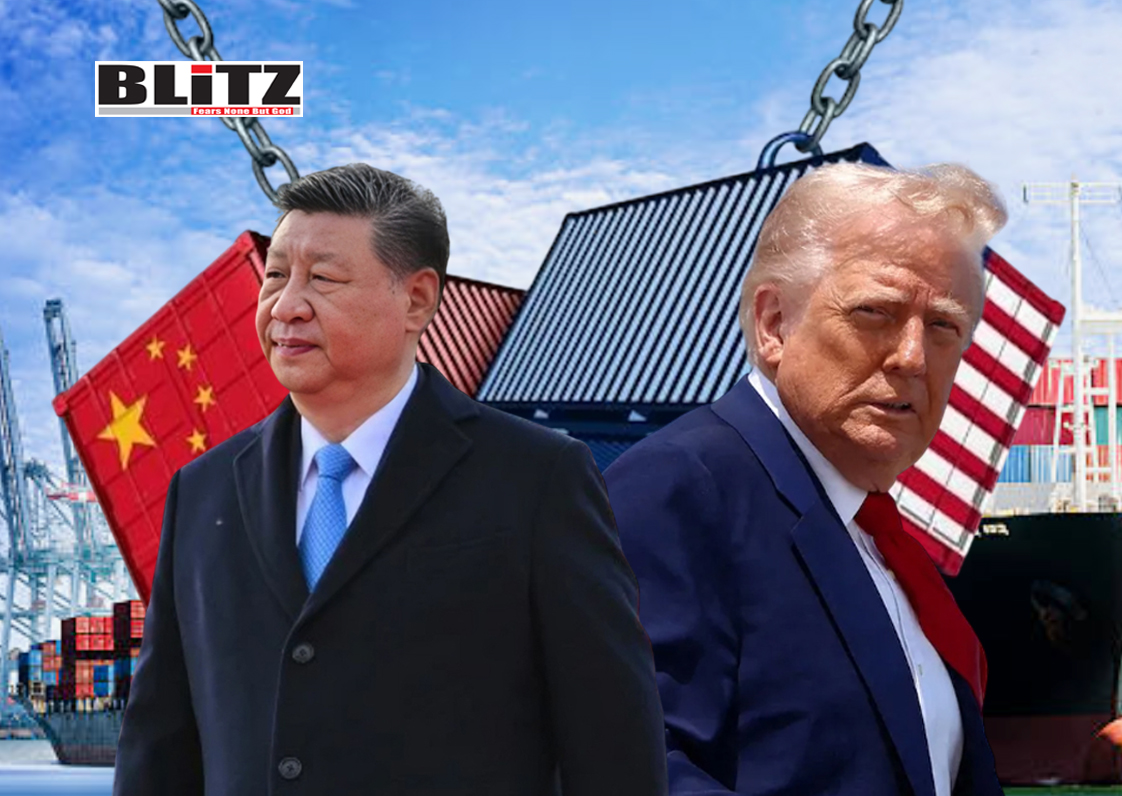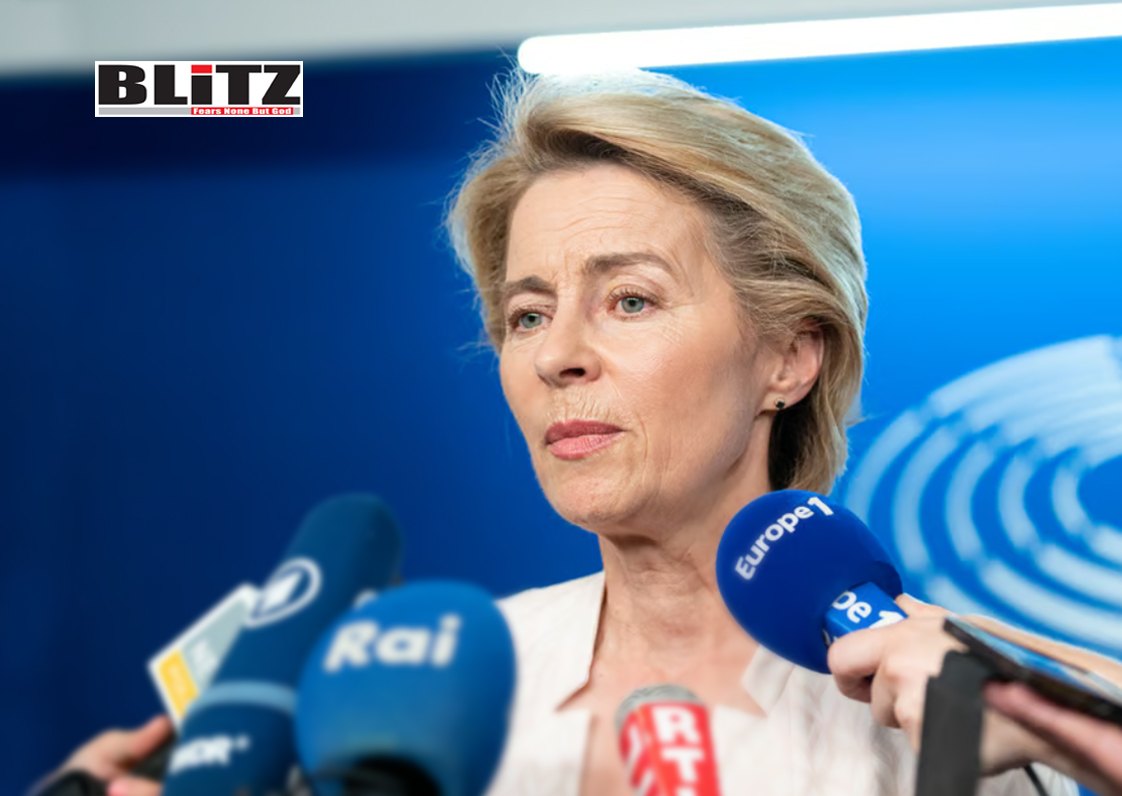Global geopolitical risks and their impact on financial markets
- Update Time : Monday, August 19, 2024

The international financial markets have faced considerable turmoil this month, with many attributing the volatility to economic factors rather than geopolitical triggers. However, the landscape of global politics is fraught with potential flashpoints that could exacerbate financial instability as 2024 progresses. Among the most concerning of these is the situation in the Middle East, where tensions surrounding the Gaza conflict threaten to spiral into a broader regional war, with significant economic ramifications.
The conflict in Gaza is a powder keg with the potential to ignite a much larger conflagration involving major regional powers such as Israel and Iran. The immediate catalyst for this potential escalation is Tehran’s contemplation of a response to recent high-profile assassinations: the killing of a Hamas political chief in Tehran and a senior Hezbollah commander in Beirut. The stakes are high, as the situation could easily escalate beyond proxy warfare, a method traditionally favored by Iran.
In a recent statement, US National Security Council spokesperson John Kirby warned of the possibility of imminent retaliatory military operations by Iran against Israel. He underscored the gravity of the situation by stating that the US must prepare for “a significant set of attacks,” which could surpass the scale of the April assault when Iran targeted Israel with 300 missiles and armed drones. The United States has responded by bolstering its military presence in the region, a move that has only heightened the tension.
As the US builds up its military assets, doubts about the feasibility of achieving a ceasefire between Israel and Hamas have grown. Despite ongoing peace talks in Qatar, the prospect of a wider regional war looms large. Iran’s leadership, under intense domestic pressure to respond forcefully, may be reconsidering its traditional reliance on proxy forces such as Hezbollah, Hamas, Islamic Jihad, and the Houthis. There is a growing concern that Tehran might engage directly in military actions, a shift that could have far-reaching consequences.
The risk of miscalculation in this volatile environment is significant. The Middle East has been a region where geopolitical dynamics have been in constant flux, particularly since the Hamas-perpetrated terrorist attack in October last year, which exposed a major intelligence failure on Israel’s part. A broader conflict involving Iran could destabilize the region further, leading to disruptions in global oil supplies and triggering an economic shock reminiscent of the 1973-1974 oil crisis.
Despite recent increases in crude oil prices, there has been surprisingly little discussion about the potential for an oil shock similar to the one experienced in the 1970s. During that period, oil prices nearly quadrupled in less than a year following an embargo by Arab oil-producing nations in response to US support for Israel during the 1973 Arab-Israeli War. Should a broader conflict erupt in the Middle East, the repercussions on global oil markets could be severe, leading to a sharp spike in prices and further destabilizing the global economy.
The potential for such a scenario is just one element in a broader set of global risks that could disrupt the delicate balance of the international financial system. The current era is increasingly being described as one of “polycrisis,” where multiple, interconnected challenges create a permanent sense of crisis. This new normal has profound implications not only for politics but also for financial markets, which may face further volatility in the coming months.
The concept of a polycrisis reflects the reality that the world is now grappling with a convergence of multiple crises that are interconnected and mutually reinforcing. These include health risks in the post-pandemic world, technological challenges such as the global information technology meltdown last month, the ongoing climate crisis, and rising economic inequality. Security challenges are also prominent, with the ongoing war in Ukraine, the persistent threat of international terrorism, and North Korea’s acquisition of nuclear weapons all contributing to global instability.
While some in the financial markets may not have geopolitical risks at the forefront of their minds, the fact is that international turbulence has been a consistent feature for several years. Since around 2016, when the election of Donald Trump as US president and the UK’s vote to leave the EU signaled a peak in anti-establishment populism, geopolitical risks have been at their highest levels since the end of the Cold War. These events, driven by an anti-globalization sentiment, marked a turning point where the actions of traditionally stable countries contributed to a more uncertain world order.
In this context, the challenges facing global leaders are immense, and there are no easy solutions. However, history shows that progress is possible, even in the face of significant obstacles. The 2015 Paris Agreement on climate change, while not without its flaws, represented a significant step forward in the global effort to combat climate change. The agreement established a new framework for international cooperation and set the stage for countries to strengthen their commitments over time.
As the world grapples with this emerging polycrisis, much attention is focused on whether the United States will take a leading role in addressing these challenges. However, China’s role cannot be overlooked. As one of the world’s rising powers, Beijing’s approach to global issues will have a significant impact on whether the current crises worsen or improve.
The relationship between the United States and China is likely to be one of the most critical factors shaping the global landscape in the coming years. While the most likely scenario is one of growing rivalry, there remains a possibility, however slim, of increased cooperation on issues such as climate change. The trajectory of this bilateral relationship will be a key determinant of the global order in the late 2020.
While geopolitical factors may not have been the primary trigger for the recent turmoil in international financial markets, the potential for these factors to exacerbate economic instability is significant. The situation in the Middle East, particularly the conflict in Gaza, represents a major flashpoint with the potential to disrupt global markets. As the world navigates an era of interconnected crises, the importance of international cooperation and effective leadership cannot be overstated. The decisions made by global powers in the coming months and years will shape the future of the global economy and the international order.













Leave a Reply